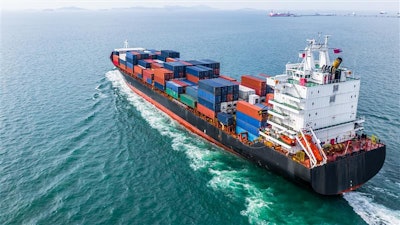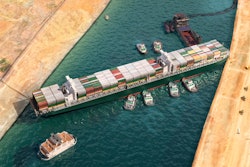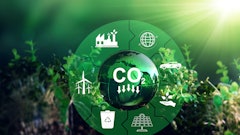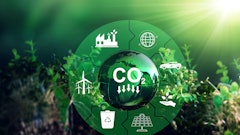
Mediterranean Shipping Company (MSC) and Shell International Petroleum Company Limited joined forces to help accelerate the decarbonization of the global shipping sector by developing a range of safe, sustainable and competitive technologies that can reduce emissions from existing assets and help to enable a net-zero emissions future for shipping.
“MSC’s efforts to decarbonize include strong partnerships with a range of companies across the industry. This partnership with Shell is a great example of the type of commitment that is needed to catalyze low-carbon solutions for the shipping sector,” says Bud Darr, EVP maritime policy and government affairs, MSC Group. “To reach that ultimate goal of complete decarbonization, we must look at a set of solutions. We need significant advances in research and development and fuel development. MSC welcomes partnerships like this with Shell that are designed to facilitate cross-sector information sharing and prove how collaboration is key in defining the best pathway to a net-zero future.”
“Shell wants to play a central role in the transition to net zero. Partnering with our customers to develop new technologies and fuels will help accelerate progress,” adds Melissa Williams, president, Shell Marine. “Combining MSC’s experience as one of the world’s largest shipping companies with Shell’s expertise as a global energy supplier will help bring about effective solutions for this vital part of the world economy.”
From MSC Mediterranean Shipping Company (MSC):
- Shell and MSC have worked together over the last 10 years on projects, including bunkering biofuels and trialing very and ultra-low sulphur fuels.
- Both companies will also work together on energy efficiency technologies, including digital services and platforms, and exploring options such as hydrogen-derived fuels and the use of methanol as a marine fuel.


















